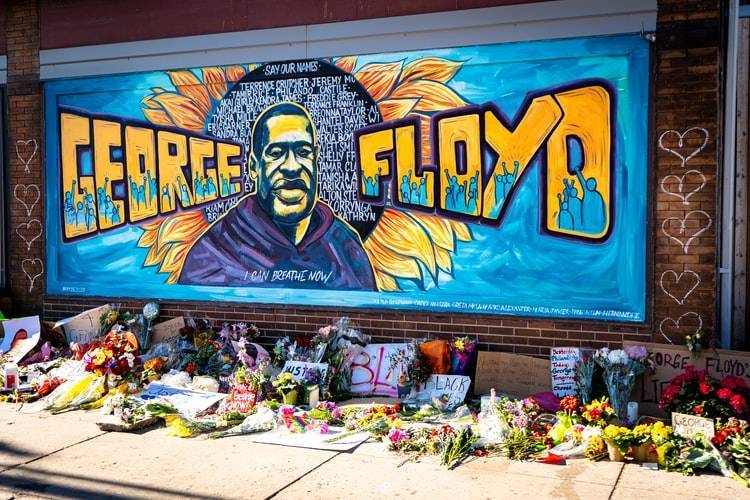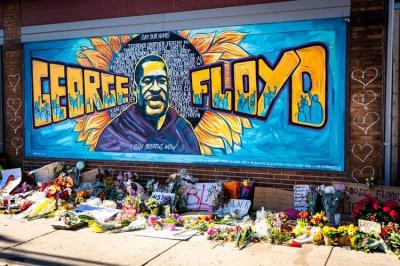On Tuesday, U.S. President Joe Biden will meet with the family of George Floyd, who died a year ago under the knee of a white police officer. This gesture is symbolic, but Biden has not been able to pass a law against police violence as he had hoped. The Black American, who died on May 25, 2020, in Minneapolis during an arrest involving four police officers, became a symbol in the United States and beyond. His suffering led to unprecedented popular mobilization, and his words, "I can't breathe," became a rallying cry against abuses by security forces.
Judicial progress has been achieved; former officer Derek Chauvin, who knelt on Floyd's neck and maintained pressure for nearly ten minutes, was convicted of murder. His sentencing will be announced on June 25. However, Floyd's family members, who have become spokespersons for this struggle, stress that a deep change in approach is necessary. Currently, the White House is focused on highlighting the president's empathy rather than announcing a legislative agenda. White House press secretary Jen Psaki stated that May 25, 2020, "was a day that had a significant impact on him and millions of Americans," adding that Biden was affected "by the courage" of George Floyd's family, especially his daughter, Gianna. Biden expressed in a phone call with them shortly after the verdict in Chauvin's case, which held the nation's breath, "I wish I could be with you and hug you."
The meeting on Tuesday will be held away from the limelight to allow for a "real conversation," according to the White House. However, legislative progress is slow.
**Local Progress**
In his first major speech to Congress at the end of April, Joe Biden depicted America standing strong again following a series of major crises. He urged Congress to pass a broad police reform bill named after George Floyd by the first anniversary of his death. However, the "George Floyd Justice in Policing Act" is still under discussion in the Senate. The bill has been approved in the House of Representatives and particularly includes a ban on chokeholds and aims to limit the broad immunity enjoyed by U.S. police officers. This amendment has become a sticking point in negotiations, with Republicans positioning themselves as defenders of legal protections for law enforcement.
Psaki acknowledged that "the timeline for passing the law will not be adhered to," while emphasizing that Biden welcomes the ongoing progress. The Democratic president, who served as a senator for 38 years and was elected as a consensus builder capable of finding compromises with Republicans, is aware that he is betting a significant part of his political capital on this issue, similar to the challenges faced with substantial infrastructure investments currently blocked in Congress.
On Monday, Senators Cory Booker (Democrat), Tim Scott (Republican), and Karen Bass (Democrat) issued a joint statement: "We continue to move toward a compromise and remain optimistic about achieving that."
Despite the lack of progress at the federal level, some states and cities are making advancements. Several cities have enacted restrictions to reduce the risks of police misconduct, such as disarming officers responsible for traffic safety. About 1,500 people gathered in Minneapolis on Sunday. Civil rights leader Rev. Al Sharpton stated, "What happened to George Floyd and many others was behind a change not only across America but also around the world," describing the crime as "a stain among the largest in America's history."




